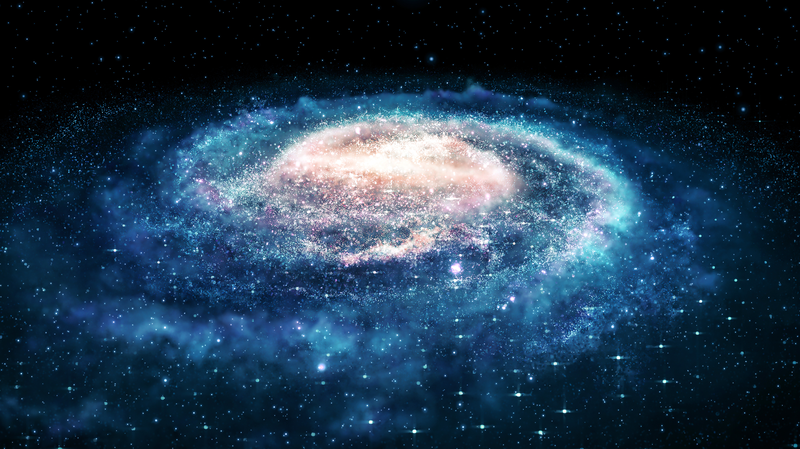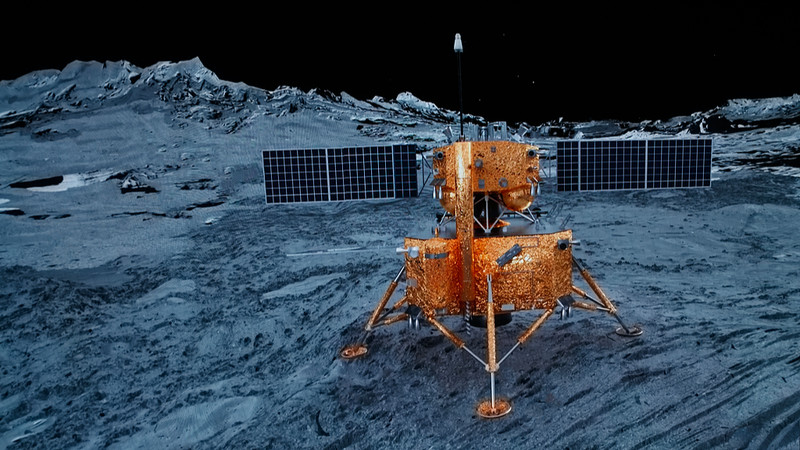Imagine a cosmic clock ticking away, its final chimes echoing across the void. Recent research from Radboud University suggests our universe's grand finale might arrive far sooner than previously thought.
The team explored Hawking radiation – a process proposed by physicist Stephen Hawking where black holes and other dense objects slowly evaporate by emitting particles and energy. Traditionally, the slowest cosmic survivors, white dwarf stars, were projected to last about 10^1100 years. Now, calculations show these stellar remnants could fade in just 10^78 years – dramatically shortening the timeline for the universe's decay.
'So the ultimate end of the universe comes much sooner than expected, but fortunately it still takes a very long time,' says lead author Heino Falcke, referring to the new findings published in the Journal of Cosmology and Astroparticle Physics.
Building on their 2023 work that extended Hawking's theory to neutron stars and other bodies, the researchers also estimated the moon and even a human would evaporate in roughly 10^90 years, though other cosmic processes would likely intervene first.
While 10^78 years dwarfs any human timescale, this revised estimate reshapes our cosmic timeline and sparks fresh questions about the universe's ultimate fate. How will this new perspective influence the way physicists probe the laws of nature? Share your thoughts below.
Reference(s):
Study shows universe's decay may be faster than previously estimated
cgtn.com




